Premium Saddle Hose Clamp - Secure Pipe Fittings
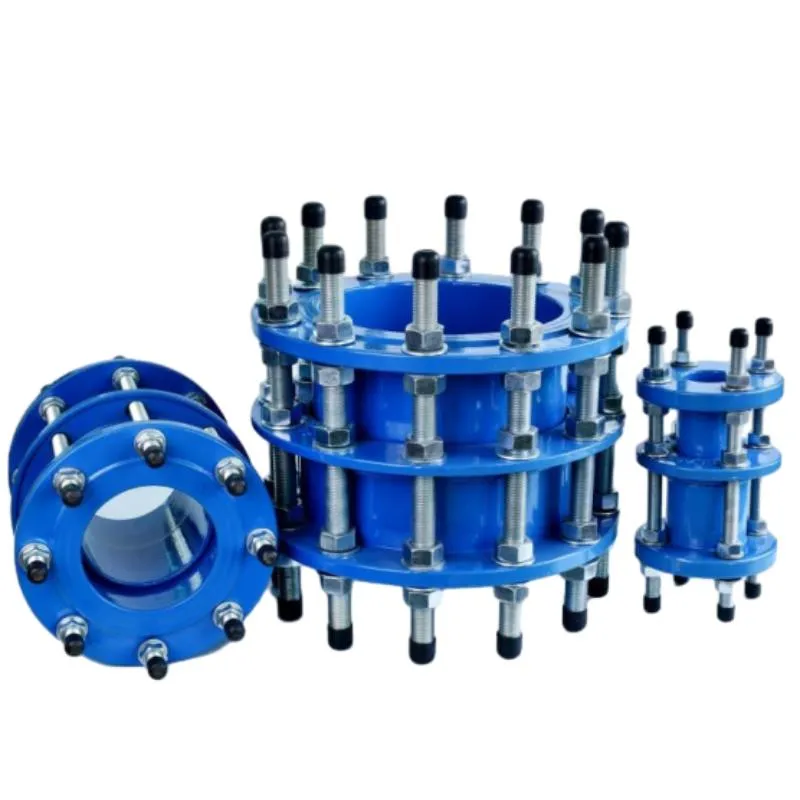
The saddle hose clamp—together with its variants like saddle post clamp, saddle pvc clamp, saddle rail clamp, and saddle stem clamp—is an integral component within diverse fluid handling and structural connection industries. This in-depth analysis covers the latest industry trends, technical specifications, key application environments, competitive manufacturer comparisons, and tailored solutions, with supporting real-world data, product comparison, and dynamic visuals.
Industry Trends and Market Insights
- The global hose clamp market is projected to reach USD 6.2 billion by 2028 (GrandView Research), primarily driven by infrastructure upgrades, increased automation, and stricter safety standards in water supply, industrial, and petrochemical plants.
- Saddle hose clamp designs, especially those with advanced anti-corrosion coatings (Fusion Bonded Epoxy) and precise CNC machining, are gaining popularity due to enhanced longevity and cost-performance ratio.
- The Asia-Pacific region dominates the market, with the fastest CAGR, fueled by large-scale municipal and energy sector investments.
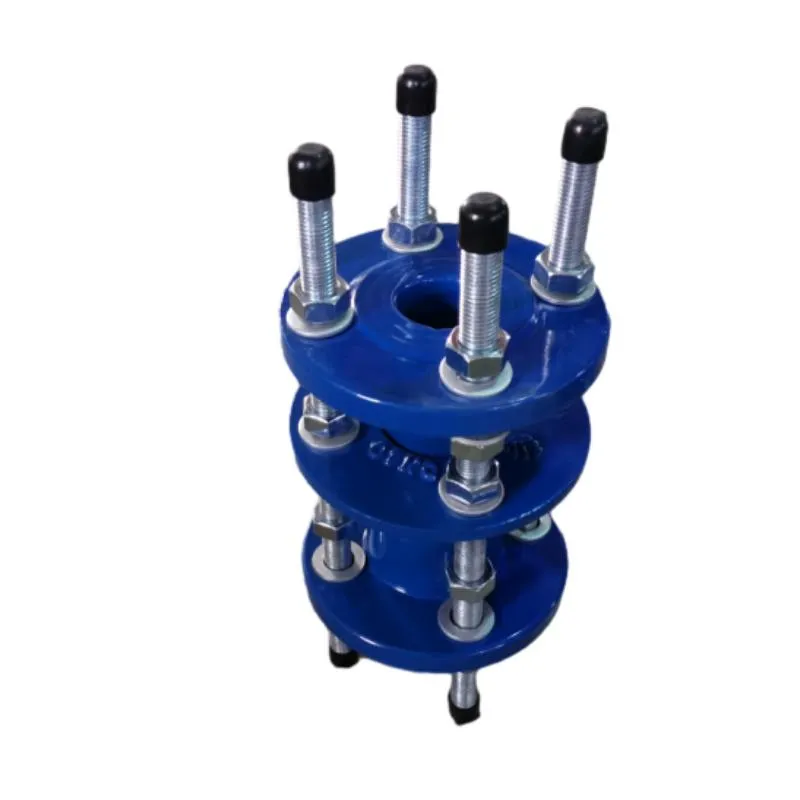
Understanding Saddle Hose Clamp Types & Key Technical Parameters
Saddle hose clamps function by providing a secure, evenly-distributed fastening over hoses, pipes, or conduits, protecting against leaks, slippage and mechanical vibration. Below is a comprehensive saddle hose clamp parameter table compiled from leading international manufacturers.
| Clamp Type | Material | Typical Sizes (mm) | Corrosion Resistance | Max Working Pressure (Bar) | Service Life (Years) | Common Standards |
|---|---|---|---|---|---|---|
| Saddle Hose Clamp | Fusion Bonded Epoxy Cast Iron, SS304/316, Zinc Alloy | DN40–DN1200 | ISO 9227 (≥1000h Salt Spray) | 10–40 | 30–50 | ISO 7005, ANSI/AWWA C219 |
| Saddle Post Clamp | Stainless Steel 304 | OD 22–60 | Excellent | 20 | 20–30 | SUS, DIN3017 |
| Saddle PVC Clamp | PVC, Polypropylene, Nylon 66 | OD 16–300 | Good (Chemical & UV) | 8 | 15 | ASTM D1784 |
| Saddle Rail Clamp | Hot-dip Galv. Steel, Polyamide Insert | OD 25–89 | Very Good | 16 | 20 | EN 14420-3 |
| Saddle Stem Clamp | Forged Aluminum Alloy, SS304, Brass | OD 17–38 | Excellent | 18 | 25 | ISO 6432 |
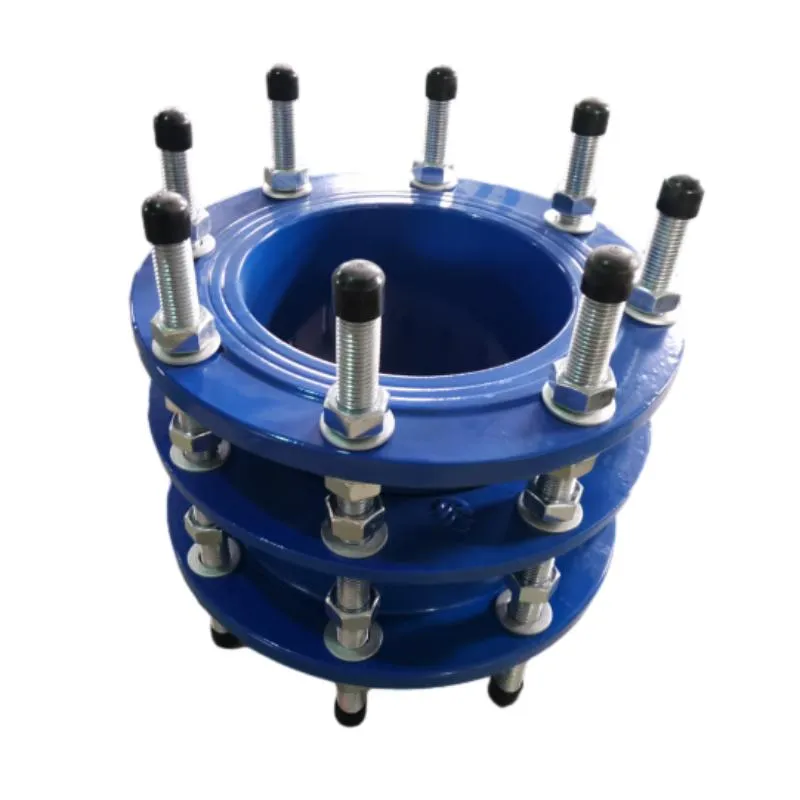
Production Process of Saddle Hose Clamp
Certified ISO 9001 Suppliers
Manual & CNC Molds
ISO/ANSI Tolerances
CNC Precision, Laser Cut
Fusion Bonded Epoxy/Passivation
Automated/Manual
Pressure/Corrosion/Dimension – ISO 9227, ANSI
Custom Crates, ISO 14001 Handling
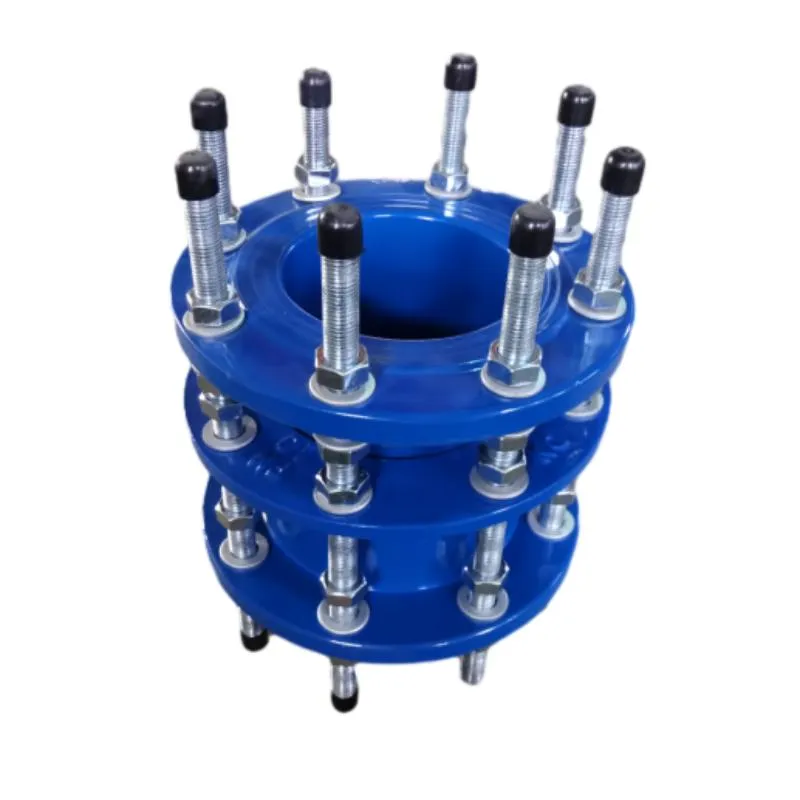
Process Details Explained
- Material Sourcing: Raw materials originate from reputable mills, each batch accompanied by ANSI/ISO certificates ensuring chemical/mechanical compliance, e.g., ASM International.
- Forging & Casting: Saddle bodies are either die-cast using ductile iron or precision forged for high clamp loads; critical zones CNC-machined for surface finish (Ra < 3.2 μm).
- Fusion Bonded Epoxy Coating: Electrostatic coating ensures superior anti-corrosion—passing 1000-1500h salt spray as per ISO 9227/NACE TM0174.
- Testing: Each batch undergoes hydro and pneumatic pressure tests (1.5x design pressure), dimension and visual checks, and passivation tests for stainless components.
- Quality Traceability: All stages logged in ERP/MES, with traceable heat and inspection codes—crucial for critical applications in petrochemical, metallurgy, and waterworks.
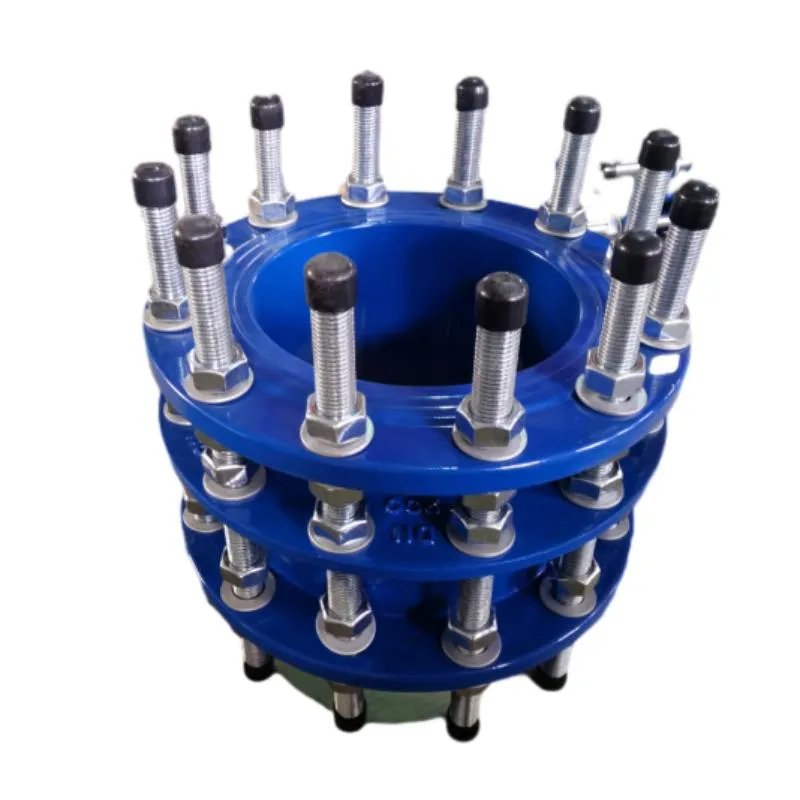
Key Technical Indicators for Self Restrained Dismantling Joints Fusion Bonded Epoxy PN10/PN16/PN25/PN40 DN40-DN1200
| Spec | Parameter |
|---|---|
| DN Size Range | DN40–DN1200 |
| Pressure Class | PN10, PN16, PN25, PN40 (up to 40 bars) |
| Main Material | Ductile Iron (EN-GJS-400-15), FBE Coated (250 μm min.) |
| Bolt Material | Carbon Steel, Hot-Dip Galvanized / SS304 |
| Seal | EPDM / NBR to EN 681-1, WRAS/ACS Certified |
| Tested Pressure | 1.5 × Working Pressure (Hydrostatic), Leak Test |
| Coating Standard | ISO 2531 / DIN 30677-2, WRAS, NSF61 Drinking Water Approved |
| Applicable Medium | Water, Wastewater, Seawater, Oils, Chemicals |
| Certifications | ISO 9001, ISO 14001, ISO 18001, WRAS, CE, SGS |
| Typical Service Life | ≥50 years (Under standard operation) |
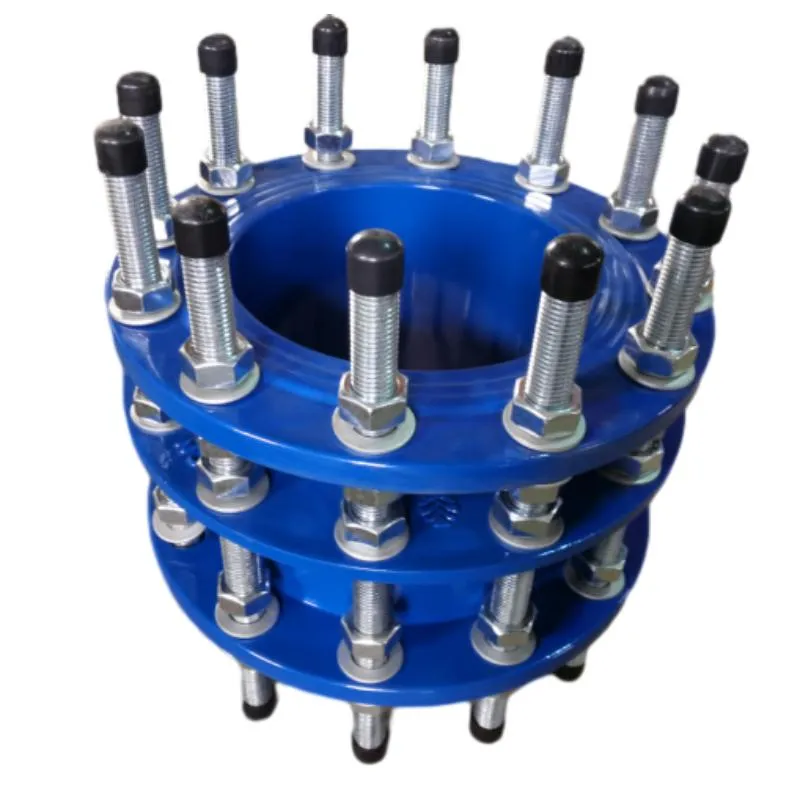
Data Visualization: Product Performance Comparison
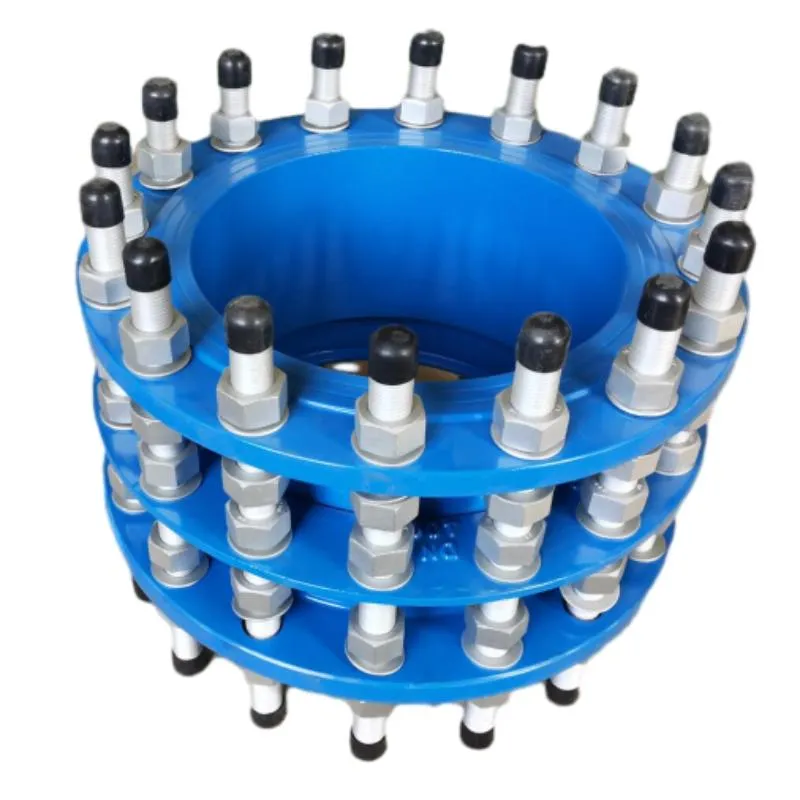
Competitive Manufacturer Analysis: Technical & Quality Aspects
Comparison Criteria: Certification scope, traceability, innovation in coatings/machining, after-sales support, and ability for rapid customization.
- HBYQ Metal: End-to-end in-house production, full ISO 9001/14001/SGS/WRAS/CE, FBE coatings, documented 50-year service life, flexible OEM/ODM for saddle hose clamp series.
- NORMA Group: Europe/TÜV/ISO 16949 certified, extensive steel- and polymer-based offerings; highest automation, good for high-volume needs.
- Oetiker (Switzerland): Focus on innovation, various connection technologies; premium cost, high reliability for automotive and critical industries.
- Clampco/JCS: UK/US, ISO 9001-certified, traditionally galvanized, increasingly stainless/advanced coatings.
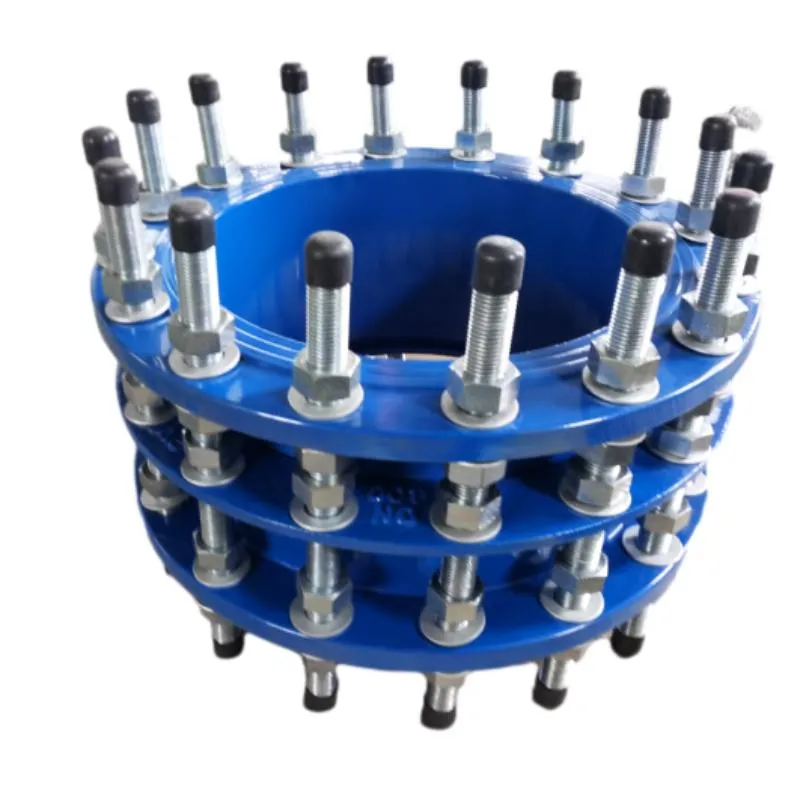
Customization & Engineering Solutions for Saddle Hose Clamp Systems
- OEM/ODM Design: Custom sizes, FBE color codes, personalized marking, and quick prototyping (1 week for sketches, 2–4 weeks molds/SOP approval).
- Special Environments: Seawater and acidic media, application-specific seals (WRAS, EPDM/NBR, FDA-compliant), extreme climate temperature -40°C ~ 120°C.
- Integration: CAD/CAE support for pipeline layouts, digital twin testing, project documentation for EPCs, third-party test certification at request.
- Aftermarket Support: 24/7 technical assistance, 2–5 year extended warranty, global on-site supervision (upon contract), critical part stock guarantees.
Typical Applications & Real Cases
- Water Supply & Wastewater: Large-diameter main lines using saddle hose clamp and saddle rail clamp for leak-proof, maintainable joints. Certified for drinking water—WRAS, NSF standards.
- Oil & Gas / Petrochemical: High-pressure saddle hose clamp rated PN40, FBE/SS protected, corrosion resistance in refinery piping racks. ISO 29001/CE proven.
- Mining & Metallurgy: Durable saddle pvc clamp and steel saddle post clamp for abrasive, high-vibration environments.
- Agriculture/Construction: Rapid assembly for irrigation, scaffold bracing, using polymer or aluminum saddle stem clamp for repeated adjustments.
- Municipal Retrofitting: Saddle hose clamp with fusion bonded epoxy used to minimize downtime on aging water networks.
A regional EPC firm adopted HBYQ’s Self Restrained Dismantling Joints DN600/PN25 with custom FBE for a 700km potable water pipeline. Result: Achieved 78% faster installation than legacy flanged systems, zero corrosion failures in year-1 tests, full WRAS/SGS third-party passed—referenced by WaterWorld Journal.
Expert Technical FAQ: Saddle Hose Clamp
Delivery Schedule, Quality Commitment & Customer Support
- Standard Items: Ship within 10–15 working days (ex. stock), DDP/DDU globally.
- Custom Orders: Typical production cycle 3–5 weeks after design confirmation, supported by real-time online tracking and production photos/videos.
- Warranty: 24 months standard; extended warranty on request. Free replacement for quality issues documented in QC/SGS reports.
- Technical Service: Lifetime remote support, on-site visits for critical installations, free system integration assistance.
- Certifications & Traceability: All products traceable by serial/lot, with corresponding ISO/CE/WRAS documentation included.

Conclusion
As confirmed by recent industry reports (WaterOnline; Hose Clamp Forum), the demand for saddle hose clamp and next-generation pipe connection technologies will continue to rise, led by technological innovations in anti-corrosion, service life, and digitalization. Standardization (ISO, ANSI/AWWA, WRAS), certified manufacturing, and data-driven custom solutions are vital for reliability, cost-effectiveness, and sustainable infrastructure development.
-
Square Sewer Cover Enhances Urban SafetyNewsAug.01,2025
-
Pipe Fitting Requires Precise AlignmentNewsAug.01,2025
-
Manhole Step Is DurableNewsAug.01,2025
-
Manhole Cover Is Found WorldwideNewsAug.01,2025
-
Hole Cover Frame On RoadsNewsAug.01,2025
-
Gully Grate Improves Road SafetyNewsAug.01,2025
-
Man Hole Cover Round Load CapacityNewsJul.31,2025
